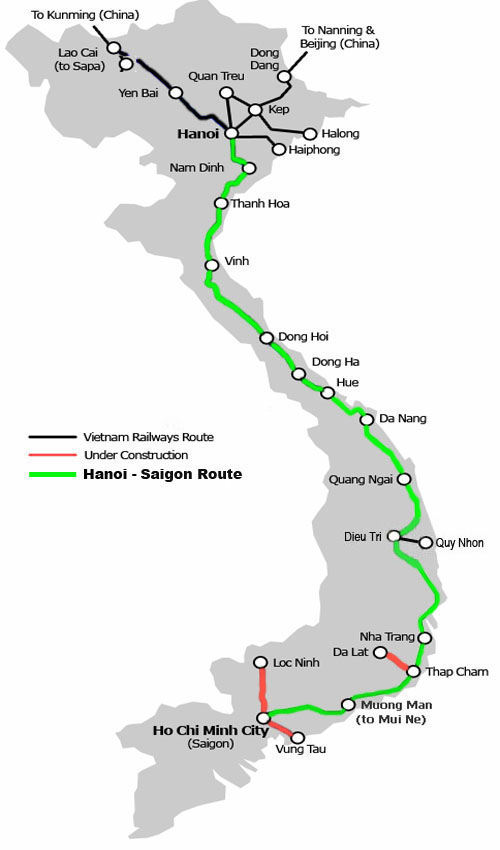Vietnam has unveiled a groundbreaking plan to transition its entire transportation sector to clean energy by 2050. This ambitious goal aims to slash greenhouse gas emissions and propel the country towards a more sustainable future.
The initiative forms a cornerstone of Vietnam's commitment to net-zero emissions by mid-century. It necessitates a significant transformation of the nation's transportation landscape, currently dominated by fossil fuel-powered vehicles.
A key pillar of the plan involves phasing out the production, assembly, and import of gasoline and diesel-powered vehicles. The Vietnamese government envisions a complete halt to these practices by 2040. This decisive step will pave the way for a surge in electric vehicles (EVs) and other clean transportation alternatives.
The strategy acknowledges the crucial role of EVs in achieving the 2050 target. The government is likely to implement policies that incentivize the adoption of EVs, potentially including tax breaks and subsidies for both manufacturers and consumers. Additionally, a robust network of charging stations will be essential to support the widespread use of EVs.
Beyond electric vehicles, the plan leaves room for exploration of other green transportation technologies. Hydrogen fuel cell vehicles hold significant promise, offering extended range and faster refueling times compared to EVs. Biofuels derived from sustainable sources could also contribute to the clean transportation mix.
The transition to clean transportation presents both opportunities and challenges for Vietnam. On the positive side, it aligns with the growing global movement towards decarbonization. By embracing clean technologies, Vietnam can position itself as a leader in sustainable transportation. Furthermore, a shift to cleaner vehicles will improve air quality in Vietnamese cities, leading to significant health benefits for residents.
However, navigating this transformation won't be without hurdles. The upfront cost of EVs remains a barrier for some consumers. Additionally, developing a comprehensive nationwide charging infrastructure will require substantial investment. Moreover, ensuring a smooth transition for the traditional automotive industry and its workforce will be critical.
Despite these challenges, Vietnam's ambitious clean transportation target signifies a strong commitment to environmental sustainability. By fostering innovation and collaboration between the government, private sector, and research institutions, Vietnam can chart a course towards a greener transportation future. The success of this initiative will be closely watched by the international community, as it has the potential to serve as a model for other developing nations seeking to decarbonize their transportation sectors.

